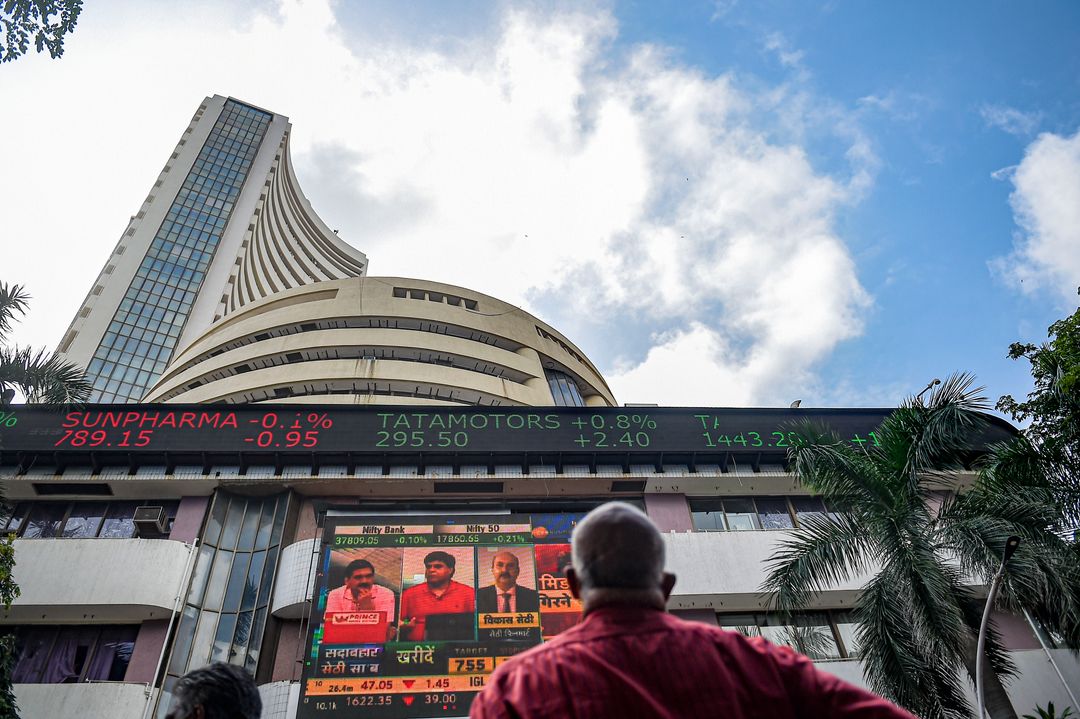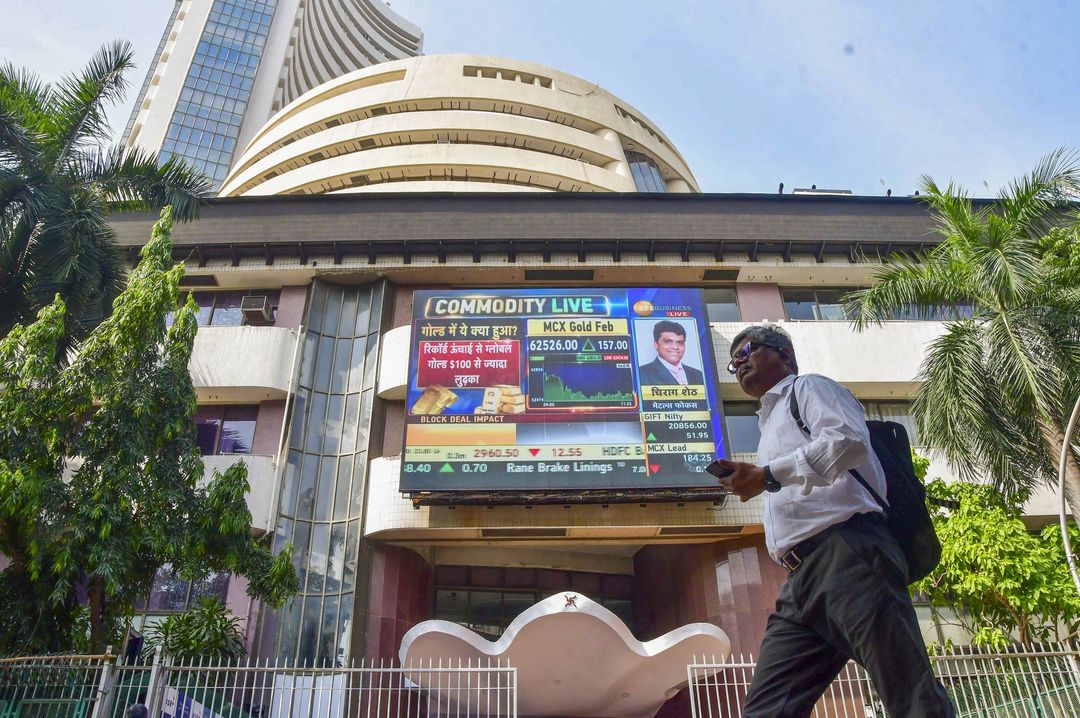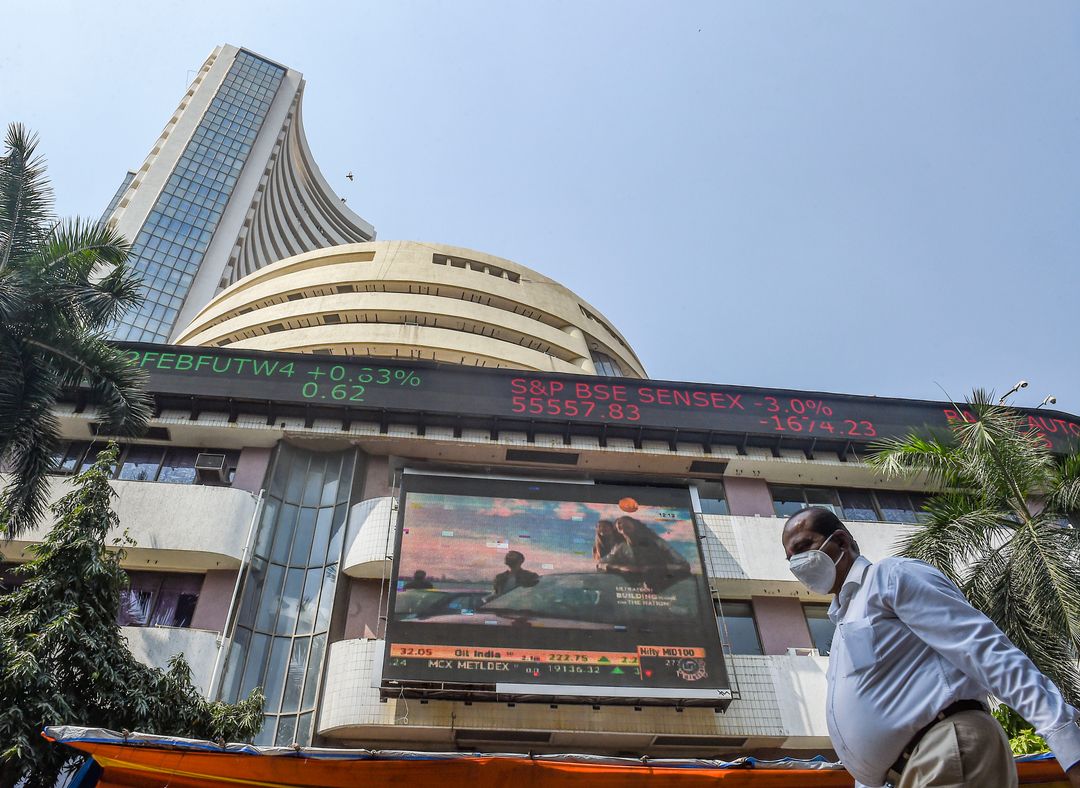Vedanta, Tata Steel, and Hindalco Among Worst Hit as BSE Metal Index Sinks Over 6%
New Delhi, April 4 — Indian metal stocks came under intense selling pressure on Thursday, with Vedanta leading the decline, falling over 8%, after former US President Donald Trump's aggressive reciprocal tariff announcement stoked fears of a global trade war.Vedanta shares nosedived 8.45% to close at ₹402.40 on the BSE, while Tata Steel slumped 7.78% to ₹141.70. Other major losers included National Aluminium Company (down 7.38% to ₹159.90), Hindalco Industries (down 7.16% to ₹606), and NMDC (down 7.05% to ₹65.53).
The broader metal sector was hit hard, with the BSE Metal Index plunging 1,849.98 points or 6.09% to settle at 28,525.57. The benchmark BSE Sensex also declined sharply, dropping 804.28 points or 1.05% to 75,491.08 during mid-session trade.
Broader Sell-Off Across Metal Sector
Other significant declines were seen in:- Jindal Stainless, which fell 7.02% to ₹553.05
- Hindustan Zinc, down 7.01% to ₹427.20
- Steel Authority of India Ltd (SAIL), dropped 5.32% to ₹112.15
- Jindal Steel & Power, down 5.59% to ₹854.35
- JSW Steel, which dipped 3.59% to ₹1,005.50
Market Sentiment Dampened by Steep Tariffs
The sharp sell-off was triggered by Trump's newly announced 26% reciprocal tariffs on India, citing high Indian import duties on American goods. The move follows last month’s US proposal of 25% tariffs on all steel and aluminium imports, intensifying global trade tensions.Amar Ambani, Executive Director at Yes Securities, explained the broader implications:
“The existing 25% US tariff on steel and aluminium remains unchanged, boosting US domestic prices. However, exporters from Vietnam, Japan, and South Korea are pivoting to India and the Middle East, exacerbating India’s challenge with cheap steel imports.”
Rising Recession Fears
Analysts believe the new tariffs could weigh heavily on global growth, particularly by denting export-dependent sectors like metals. The market is already reacting to the possibility of a slowdown, with fears that escalating protectionist measures could push major economies closer to a recession.
Last updated by a enewsx:



